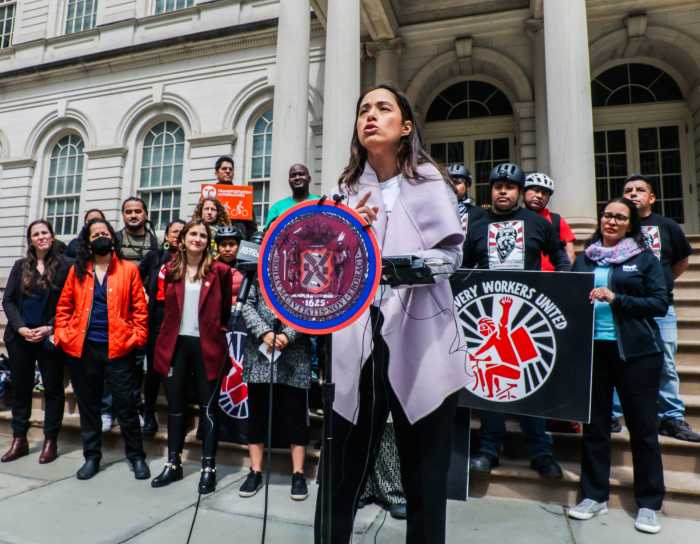Flush with shame and criticism about the way they treated colonial era West Indian migrants authorities in England earlier this month announced plans to compensate nationals who were forcibly deported back home or were denied health care and other basic services because they were misclassified as illegals but the amounts being proffered appear set to trigger yet another controversy over the so-called Windrush generation of Caribbean immigrants.
From around 1948, Britain sent large passenger vessels to Caribbean colonies to pick up people who were interested in settling in the United Kingdom, helping it to rebuild a country ravaged by German bombs and U-boats after World War Two. Thousands of West Indians, mostly Jamaicans, boarded the ships like the Empire Windrush to various cities believing that they were landing there legally because they were born in the British Commonwealth. Many never bothered to verify immigration papers or to understand the country’s immigration policies until the rules changed in the 1980s, rendering hundreds of them as illegals despite the fact they were brought to the country legally and at the invitation of Her Majesty’s government.
In the not so distant past, families of many who were deported mostly to Jamaica, kicked out of jobs or treated as illegal, started a campaign to correct the situation, claiming that their fore parents came here at the invitation of government and not as economic migrants or political refugees. Disaporic lawmakers like David Lammy, British newspapers and rights groups all rallied to the cause, putting pressure on the government of Theresa May to reverse course, amend their immigration status, bring back those who were deported and generally correct the situation.
The move forced a review of everything related to those who came after the war. Now, London is making Sterling 200 million available to who are still alive from that era or to their descendants.
The Independent Newspaper this week urged those involved to read the fine print on documents before signing as amounts might be much smaller than most people could imagine, an insult in fact.
The paper warned Caribbean folk not to be trapped or misled by pronouncements from officials that the compensation package has no cap or ceiling as “victims will receive a fixed tariff of £500 if they were blocked from attending university, £500 if they were denied NHS healthcare and just £200 if they were unable to access banking services as a result of the scandal.” The fact that there’s no overall cap was a big positive, but then when you look at the detail behind it it’s a bit of a false dawn. Many people are not going to recover their losses because of the very strict way the loss categories are defined in the appendices to the rules. Some of the tariffs are put surprisingly low in comparison to what individuals might receive in a successful court case, said attorney Jamie Beagent.
The news comes just as the Jamaican parliament was beginning to hail the compensation package as progressive. Minister of Foreign Affairs, Kamina Johnson Smith said that “it is now possible for persons who have been affected by the crisis to submit claims and to receive compensation in various categories from the British government, if the claims are successful. In the interim, we will ensure that those Jamaicans who sought assistance when the crisis came to our attention last year are made aware of how they may pursue their claims. We will also be placing an ad in the newspapers and on our website, as we did last year, when seeking to help persons understand if they might be eligible for re-entry, etcetera.”
Even as she spoke in the house, British authorities were still trying to bring back 164 people who were deported because of misclassification. Nineteen have died and 40 cannot be found at all. Available figures show that at least 5,000 people in the UK have been affected by this mishap in one way or the other even as more are coming forward with horror stories.
The Independent quoted Satbir Singh, chief executive of Joint Council for the Welfare of Immigrants, as saying that the compensation package announcement “was “short on detail” and would “fail to reassure Windrush victims” that they would be adequately financially compensated for their losses.
“Today’s statement provides scant reassurance that mental trauma will be adequately recompensed,” he said. “The only way to truly ensure that something like Windrush never happens again, and to recognize the harm caused to Windrush victims, is for the government to scrap the hostile environment with immediate effect.”
























